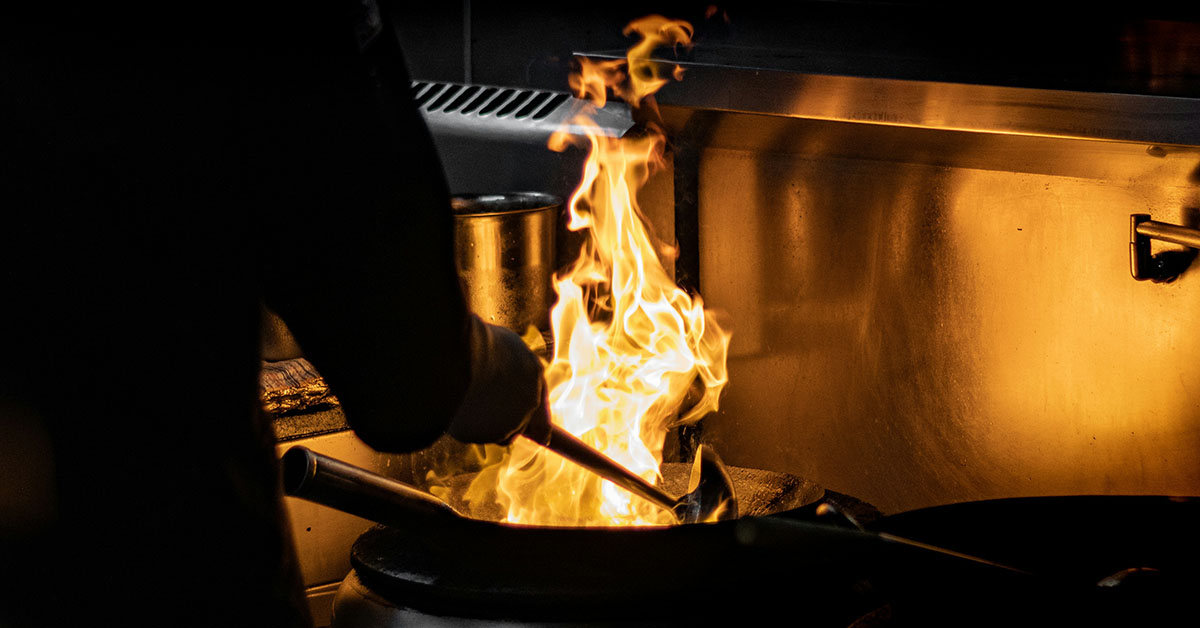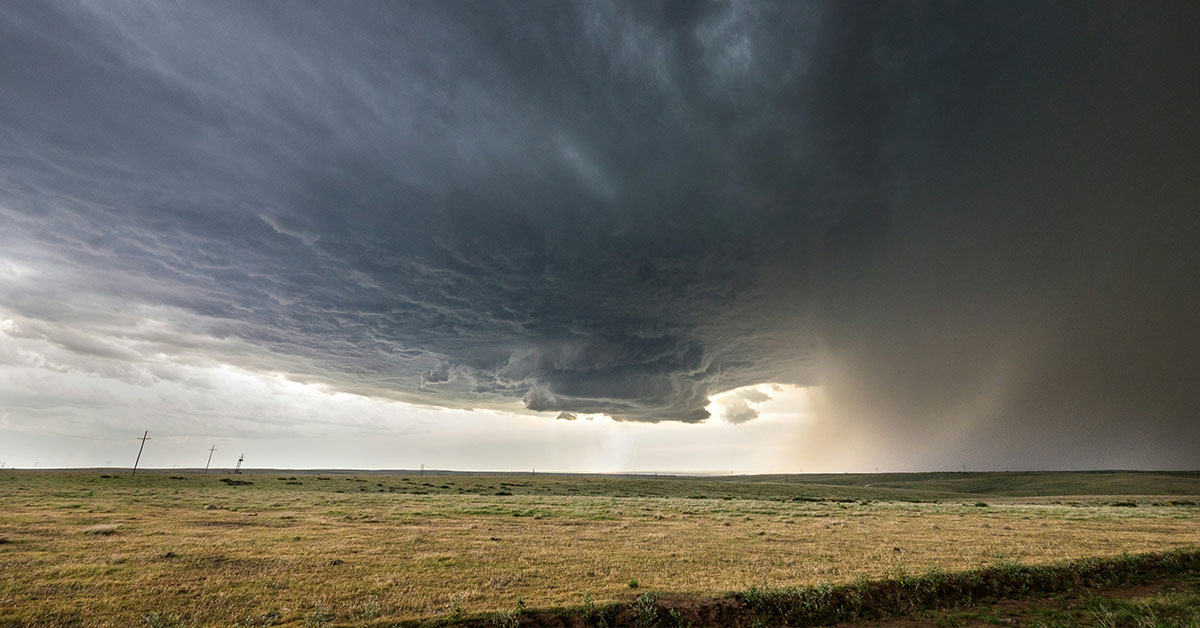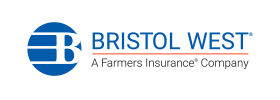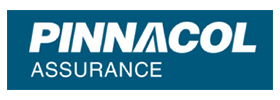If you’re a contractor in Colorado right now, then you already know that we’re in the middle of a major construction boom. From new homes in Centennial to commercial buildings going up across the Front Range, there’s no shortage of work. But with big opportunity comes big risk. And having the right insurance can mean the difference between a project that builds your reputation… and one that puts your business on the line.
Here are a few key tips to help you lock in the right coverage for your crew, your clients, and your peace of mind.
You Might Not Need a Full BOP (and That’s Okay).
A lot of business owners are sold on Business Owner’s Policies (BOPs) because they bundle several coverages together—like property, liability, and business interruption. But as a contractor, you may not need all of that. Why pay for coverage you’ll never use?
Instead, many Colorado contractors can opt for standalone general liability insurance, which gives you the core protection you need without all the extras (and often at a lower rate). It’s tailored, streamlined, and focused on the unique risks contractors face every day.
General Liability is Your First Line of Defense.
Even one mishap, like a customer tripping over tools or accidental damage to a client’s property, can result in a claim or lawsuit. And without coverage? Your business assets could be at risk.
Contractor’s general liability insurance helps protect you by covering:
- Bodily injury claims
- Property damage on a job site
- Legal defense costs
- Settlements or judgments (up to your policy limits)
It’s also essential for working with larger clients or landing commercial jobs. Many require proof of coverage before you can even bid.
Your Rate Should Reflect You.
Your premiums don’t have to break the bank. At Avalue Insurance, we look at factors like:
- Your safety record
- Project type and scope
- Company size
- History of claims (if any)
That means your quote isn’t a one-size-fits-all number. It’s based on your actual risk and track record. And we work hard to find policies that give you the best value for your coverage.
Protect Your People, Too.
General liability doesn’t just protect the business itself; it also helps shield you and your employees from personal liability in covered claims. It’s about keeping your team secure and your company strong, no matter what comes your way.
Build Smarter. Insure Smarter.
You’ve worked hard to build your business. Now, let’s make sure it’s protected.
At Avalue Insurance, we understand the ins and outs of Colorado’s construction industry because we live and work here, too. Whether you’re a one-man crew or running multiple job sites, we’ll help you find the coverage that best fits your business, your budget, and your goals.
Give us a call at 303-773-3332, shoot us an email at info@avalueinsurance.com, or request a consultation right here online!






























